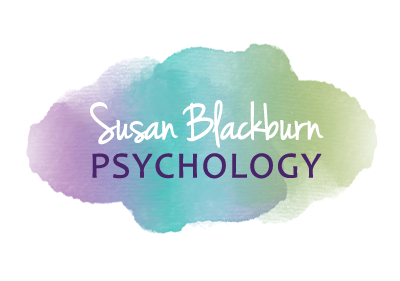Are you aware of the role you play in whether or not you’re happy?
Yes, things happen that you have little or no control over, but what you always control is your response. And this is where all of your power lies.
You may be familiar with Maya Angelou’s quote “I’ve learned that you can tell a lot about a person by the way he/she handles these three things: a rainy day, lost luggage, and tangled Christmas tree lights.”
It’s a great reminder that when life challenges you, how you choose to handle it is always within your control.
Do you make the most out of the cards you’re dealt or do you focus on the negative? If you’re like most people, you probably do a bit of both.
Focusing on the positive takes practice, but it’s so worth it. Being open to finding the good in any given situation brings more good into your life, because whatever you focus on expands.
Instead of looking at the circumstances you’re in as the ‘reason’ for your satisfaction or dissatisfaction in life, realize that being happy in life has very little to do with what’s happening and everything to do with your perspective. What happens is not really in your control, and although it may not always seem like it, your perspective and your response is entirely up to you.
An example of a tragic circumstance is losing a child. Almost everyone would agree that this is one of the most excruciatingly devastating and heartbreaking experiences anyone could have.
Why is it that two different families can lose a child and handle is so differently?
For example, Family A mourns the loss of their child for years on end. There is little happiness in life for them and all of their hopes and dreams remain shattered. They cut themselves off from friends and family because everything is a painful reminder of their loss. Their future is bleak and a dark, grey cloud hangs over their home.
For Family B, the loss was every bit as painful and emotionally debilitating. Instead of focusing on the loss, they choose instead to focus on life and respond to the tragedy with courage and optimism. They decided that their child’s life will not be in vain. Although they also mourn, they put their energies into continuing to live a good life, they set up a foundation in honor of their child so that they can help others, they continue to realize their dreams and enjoy life as best they can. Sunshine and happiness reign in this family.
Is it easy to change your perspective? No, it’s not. Just as it isn’t easy to train for a marathon, learn a new language, give birth to a child, pass an important exam, heal from an illness, overcome an addiction or lose those extra pounds. But like everything else, with commitment and perserverence you can definitely achieve it.
So, where do you start?
It helps to understand that your feelings (sad, happy, angry, scared, optimistic) are a result of the thoughts you create. Your thoughts are created based on your worldview or underlying beliefs about life. Because your worldview was completely formed by the time you were 5 years old, it’s safe to say that you (like everyone else) hold some very “faulty” or unhelpful perspectives on life.
If you look at Family A for example, they might hold a worldview that says, when you lose a loved one it’s disrespectful to continue living with joy, OR its disrespectful to be happy when you lose the one you love the most, OR life isn’t worth living when your dreams are stolen from you.
Family B might have a worldview that says people live on in spirit when they die and choosing to honor this is important, OR its disrespectful to lose someone you love and not do everything you can to celebrate their life, even in death, OR losing one life is tragic, but to put our lives on hold as a result so that all love is lost, is a sin.
Your worldview or beliefs are the program or operating system that runs your life!
So, if you aren’t living the life you desire, the root cause will be your programming from your personality, family, culture, societal norms and experiences.
It doesn’t matter so much ‘why’ you hold the beliefs that you do, as much as it does finding out whether your beliefs are helping or hindering you. There are no “right” or “wrong” beliefs, only those that work for you and those that work against you.
In living a passionate, purposeful and balanced life, choosing to focus on the positive no matter what makes all the difference.
Your brain will be able to make shifts in beliefs and habitual thinking with consistent practice. See if you can write out positive thoughts or affirmations that you would like to make a reality each and every day until they become a habit. New thoughts that works well, are reminding yourself that you can handle this (handle anything, whatever it is) and that you are committed to focusing on the positive.
For example, you could write:
I can handle this, whatever comes my way; and I am committed to focusing on the positive.
The neuroplasticity or flexibility of your brain will naturally weaken and dismantle your old thoughts if they are no longer being focused on and at the same time, your brain will strengthen the pathways to these new thoughts until they become solidified as a new program.









